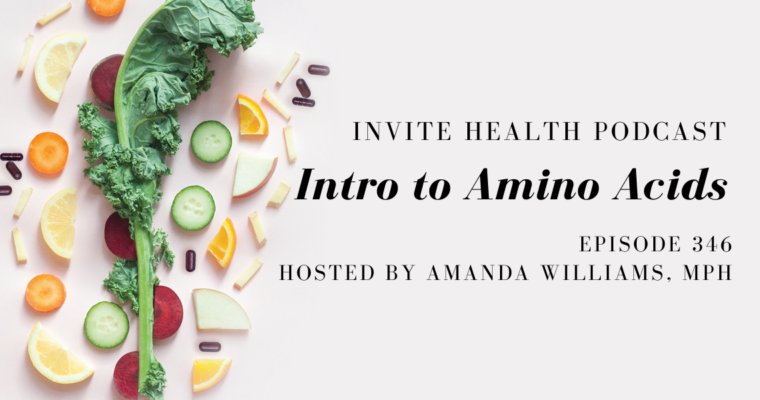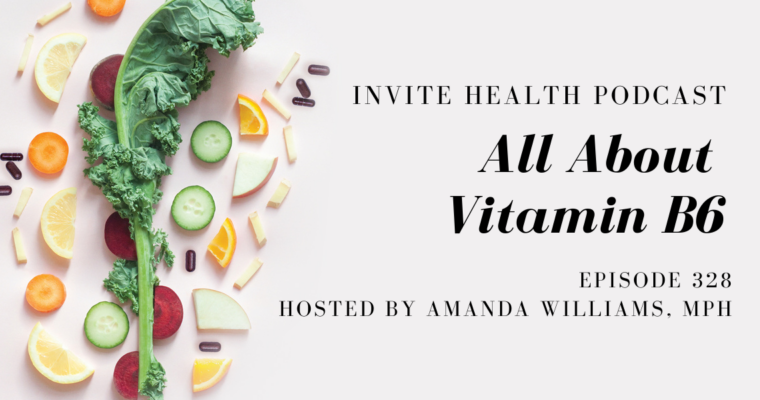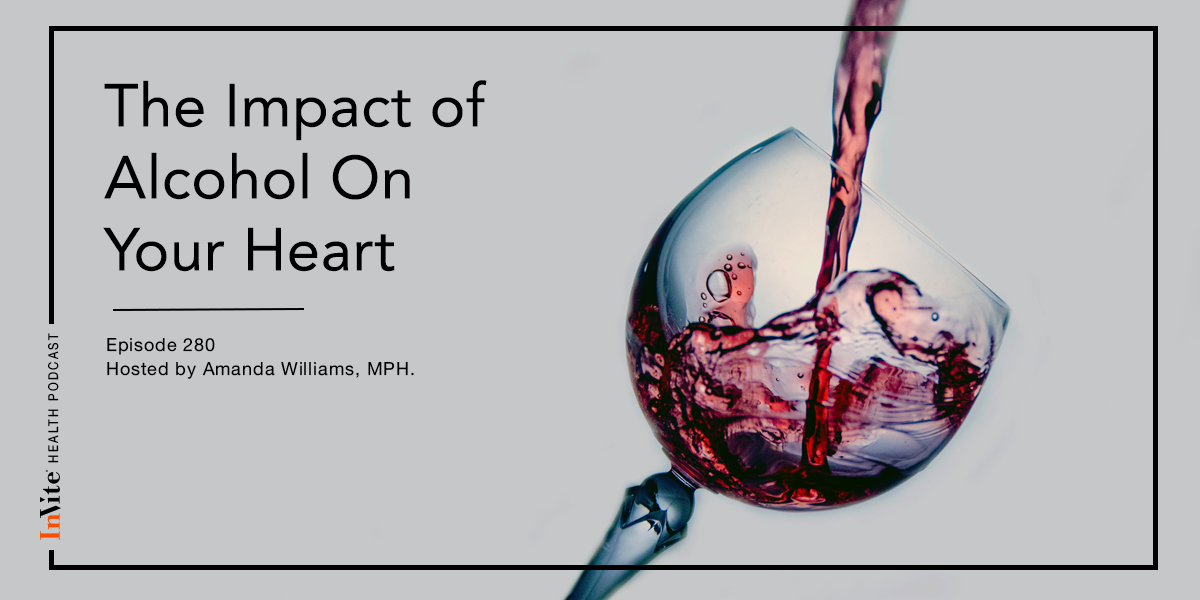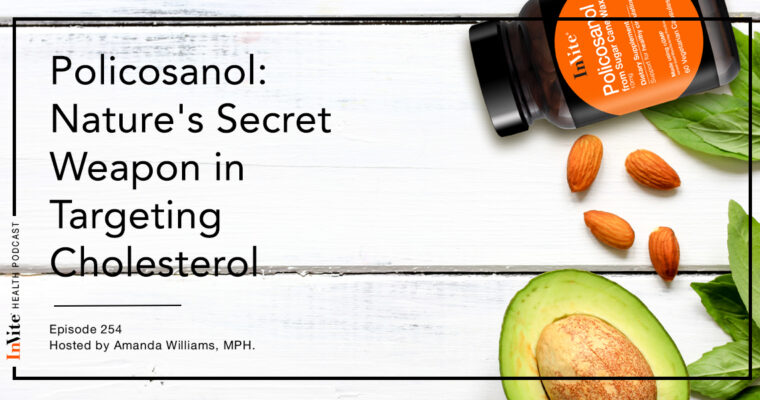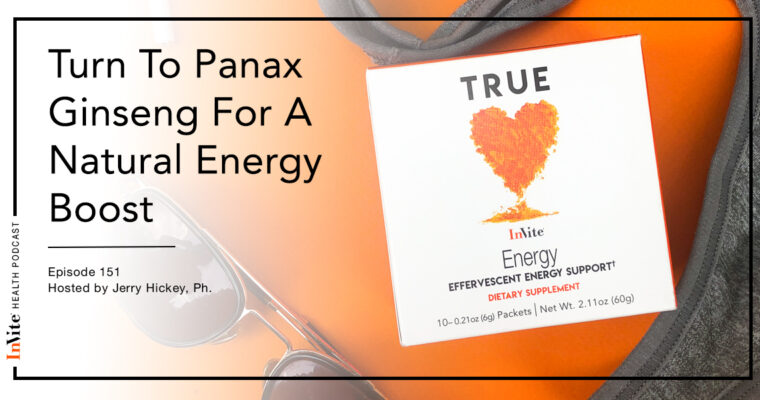alcohol
Invite Health Podcast, Episode hosted by Amanda Williams, MPH
Subscribe Today!
For decades now, we’ve been told that moderate consumption of things such as red wine can be very beneficial to our overall health. I want to talk about the true meaning of alcohol consumption, the different types of alcohol and the real cardiovascular impacts of alcohol consumption. On one hand, it has been proven that the polyphenols coming from the grapes that are then made into wine can be incredibly beneficial to the health of the heart and the entire cardiovascular system, but we also have to recognize that everything is in moderation. If we over-consume, then we go from a point of cardioprotective to cardiac detrimental.
The French paradox: The Link Between Alcohol (Wine) and Heart Health
When we’re looking at the fermentation of different fruits, such as berries and grapes, we have to look at how beneficial these can actually be for the heart. We’re looking for antioxidants and polyphenols. We’re recognizing more and more how things like resveratrol are going to work in terms of fending off oxidative stress and down-regulating inflammation in the body.†
We can look at the French paradox, which is the term that is coined for why it is that people in France seem to have this phenomenon where there’s a higher consumption of wine as part of their daily dietary intake that has led to this apparent cardioprotective potential. Everything in moderation, of course, because we know that excessive consumption of alcohol is actually incredibly detrimental to our cardiovascular system.†
NUTRIENTS THAT OFFER OPTIMAL BLOOD PRESSURE SUPPORT – INVITE HEALTH PODCAST, EPISODE 263. Listen Now >>
In 2019, a study in the Addiction journal looked at alcohol use and disorders of the heart. The researchers were talking about how alcohol use is a preventable and modifiable cause of different diseases. They were looking at its effects on the cardiovascular system. Within this particular study, they were looking at different observational studies and drawing different links between alcohol consumption and cardiovascular disease. This included looking at the impact of alcohol on blood pressure and cardiomyopathies.†
We know that small amounts of alcohol can have this really long-lasting benefit to the heart, but we also recognize that the balance is a very finite area. When we’re consuming too much, then we know that we are going to run into a problem and hence we have all of these additional impacts on overall cardiac function that can spiral out of control. The ethanol itself can have, at some degree, a beneficial effect on the function of the heart, but it can also have a very detrimental effect.†

Tune into the full podcast episode to learn more about the beneficial and detrimental aspect of alcoholic beverages.
Supplementing with polyphenols
Many scientists out there will say to avoid the alcohol path and just go with the actual polyphenols themselves. This would include supplementing with nutrients such as resveratrol or grape seed extract. In the Alcohol Research Journal, they discussed how the positive effects of drinking alcohol have to be weighed against the physiological effects, including mitochondrial dysfunction, changes in circulation and inflammatory responses, and oxidative stress, that are known to damage the cardiovascular system. If alcohol can on one hand offset that but on the other hand exacerbate it, how do we know where that balance is?†
Based on the science, one glass of red wine per day would appear to be incredibly cardioprotective. However, that is under the assumption that you are having just that one glass, which is the difficult thing for most people. We don’t want to have the alcohol itself actually exacerbate pre-existing heart conditions.†
Having polyphenols coming from your food or what you’re drinking, such as green tea and red wine, is beneficial because we know that these potent antioxidants do so much to fend off oxidative stress. But if we drink too much alcohol, then we cross over to that other side where we are then increasing our inflammation, creating more mitochondrial dysfunction and impeding the natural release of nitric oxide in the body. This is why I oftentimes will turn towards things such as straight resveratrol, grape seed extract or quercetin. We know that all of these nutrients can have long-lasting impacts in terms of cardiovascular benefits.†
Thank you for tuning in to the Invite Health Podcast. You can find all of our episodes for free wherever you listen to podcasts or by visiting www.invitehealth.com/podcast. Make sure you subscribe and leave us a review! Follow us on Facebook, Twitter and Instagram at Invite Health today. We’ll see you next time on another episode of the Invite Health Podcast.


